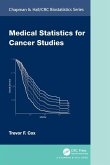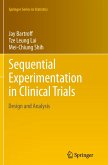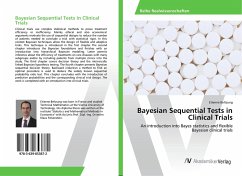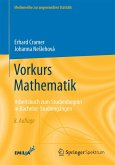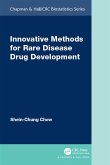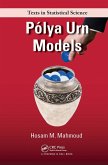Meta-analysis is the statistical combination of previously conducted studies, often from summary statistics but sometimes with individual participant data. It is widespread in life sciences and is gaining popularity in economics and beyond. In many real-life meta-analyses, challenges in the source information, such as unreported statistics or biases, can be incorporated using Bayesian methods. Bayesian Meta-Analysis: A Practical Introduction provides an approachable introduction for researchers who are new to Bayes, meta-analysis, or both. There is an emphasis on hands-on learning using a variety of software packages.
Key Features
Introductory chapters assume no prior experience or mathematical training, and are aimed at non-statistical researchersExamples of basic meta-analyses in seven different software alternatives: BUGS, JAGS, Stan, bayesmeta, brms, Stata, and JASPPractical advice on extracting information from studies, eliciting expert opinions, managing project decisions, and writing up findingsDiscussion of specific problems, including publication bias, unreported statistics, and a mixture of study designs, with code examplesAccompanying online blog and forum, with all code and data from the book, plus more translations to different software
This book aims to bridge the gap between the researcher who wants to carry out tailored meta-analysis and the techniques they need, which have previously been available only in mathematically or computationally demanding publications.
Key Features
Introductory chapters assume no prior experience or mathematical training, and are aimed at non-statistical researchersExamples of basic meta-analyses in seven different software alternatives: BUGS, JAGS, Stan, bayesmeta, brms, Stata, and JASPPractical advice on extracting information from studies, eliciting expert opinions, managing project decisions, and writing up findingsDiscussion of specific problems, including publication bias, unreported statistics, and a mixture of study designs, with code examplesAccompanying online blog and forum, with all code and data from the book, plus more translations to different software
This book aims to bridge the gap between the researcher who wants to carry out tailored meta-analysis and the techniques they need, which have previously been available only in mathematically or computationally demanding publications.



